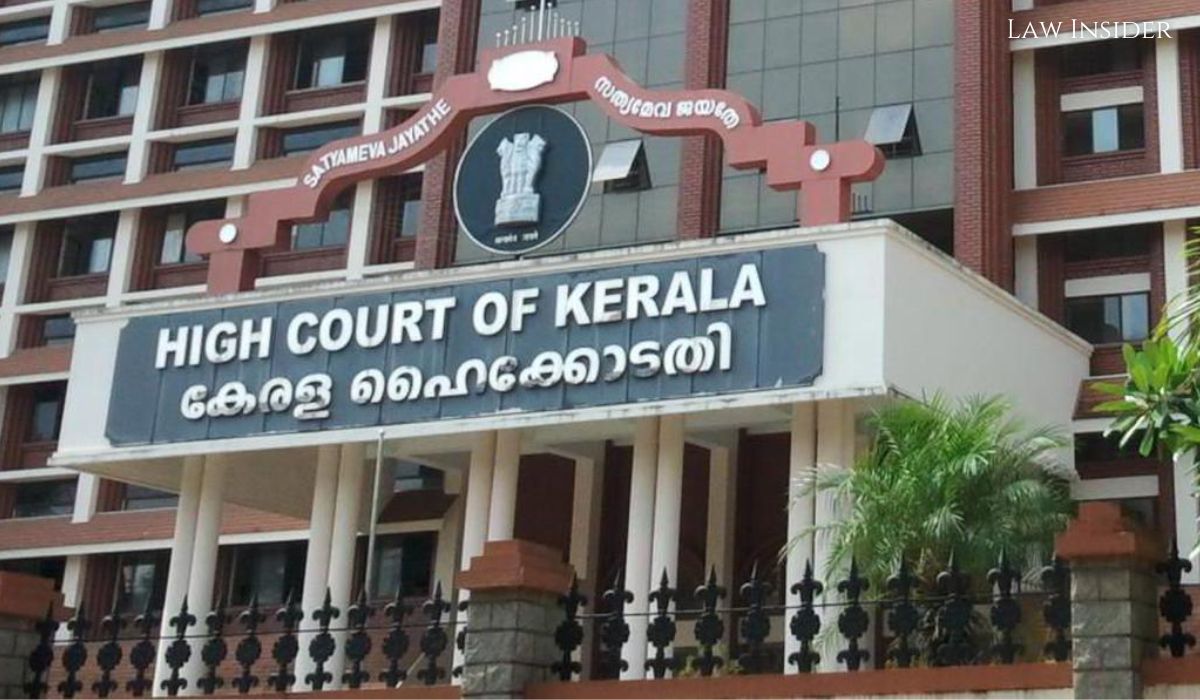LI Network
Published on: December 14, 2023 at 11:16 IST
The Kerala High Court has emphasized the need to address the challenges faced by women in public employment due to biological differences, specifically related to pregnancy and motherhood.
The court highlighted the importance of modifying public employment rules to ensure that pregnant women and young mothers are not subjected to discrimination.
The Division Bench, consisting of Justice A. Muhamed Mustaque and Shoba Annamma Eapen, acknowledged that while women stand on equal footing with men in considerations for public employment, biological distinctions, such as motherhood, may lead to indirect discrimination.
The court underscored the importance of realistic gender equality, emphasizing the necessity for rules and regulations to account for the situational reality of women based on maternity.
It rejected the notion that pregnancy or motherhood should be perceived as burdensome on women’s aspirations and called for the elimination of barriers hindering women from competing with men on equal terms.
The case in question involved two female doctors pursuing postgraduation in MD Radiodiagnosis who faced delays in their compulsory senior residency program due to motherhood.
The Kerala State Public Service Commission (PSC) had announced vacancies for the post of Assistant Professor in Radiodiagnosis, requiring one year of experience as a Senior Resident in Radiodiagnosis as a criterion.
Given that the petitioners would complete their program only by January 2024, they were unable to apply for the position, prompting them to approach the High Court after receiving no favorable response from the government or the Kerala Administrative Tribunal.
The court, while acknowledging the unique challenges faced by women in public employment, questioned whether women should be forced to choose between career and motherhood. It emphasized the need for substantive equality, allowing the creation of space and removal of gender-related barriers.
Furthermore, the court recognized reproductive rights, including motherhood, as integral to the right to life under Article 21 of the Constitution.
It stressed the complexity of disadvantages arising from motherhood and called for legal regulations that consider the situational reality of women based on maternity.
In its ruling, the court urged a balance between the individual rights of women and the broader interest of public employment.
It suggested that extending deadlines for submission of experience certificates affected by maternity leave could address the challenges faced by women without compromising public interest.
The court’s interim order, making allowances for the candidates affected by maternity leave, was made absolute, overturning the decisions of the Tribunal.
However, it clarified that the petitioners must comply with any time frame set by the PSC for the submission of experience certificates.

